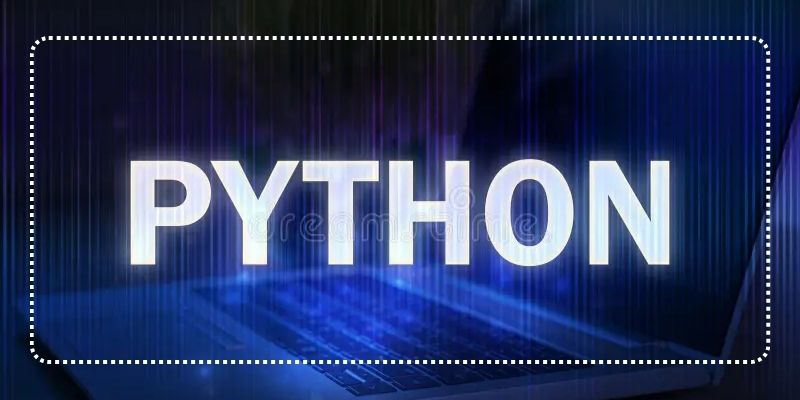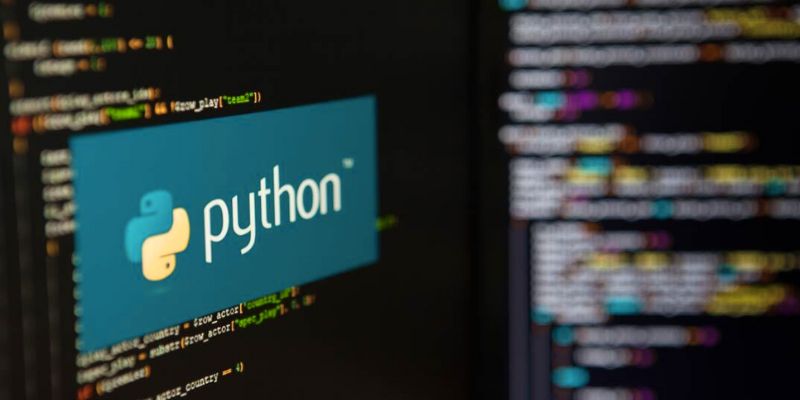Introduction
The IoT stands for Internet of Things and has revolutionised how we interact with the world around us, enabling the connection and communication of everyday devices over the Internet. At the heart of many IoT solutions and embedded systems lies Python, a versatile and powerful programming language. In this blog post, we’ll explore Python for IoT and Embedded Systems. For those looking to delve deeper into Python for all about IoT development, consider enrolling in a Python Course in Chennai at FITA Academy to gain comprehensive knowledge and practical skills in leveraging Python for building innovative IoT solutions.
Python’s Role in IoT Development
Python plays a crucial role in IoT development, from prototyping to deployment. One of its key strengths is its compatibility with microcontrollers, making it suitable for programming IoT devices with constrained resources.
Rapid Prototyping with Python
Python’s high-level syntax and extensive libraries enable rapid prototyping of IoT solutions. Developers can quickly iterate and experiment with different ideas thanks to libraries like Adafruit CircuitPython, which provides easy-to-use APIs for interacting with sensors, actuators, and other hardware components. This rapid prototyping capability accelerates development and allows for faster time-to-market for IoT products.
-
Data Processing and Analysis
In IoT applications, data is often collected from various sensors and devices. Python’s data processing and analysis library ecosystem, including NumPy, Pandas, and SciPy, enables developers to handle and analyse this data efficiently. Enrolling in a Python Online Course can provide comprehensive training and practical experience in utilising Python’s data processing capabilities effectively for those interested in mastering these data analysis techniques for IoT applications.
-
Integration with IoT Platforms
Python integrates with popular IoT platforms and frameworks. Libraries and SDKs facilitate communication with these platforms, allowing developers to leverage cloud services for device management, data storage, and analytics.
-
Edge Computing and Machine Learning
Python empowers IoT developers to implement edge computing functionality, directly enabling local data processing and decision-making on IoT technology. With libraries like TensorFlow Lite and PyTorch.
Conclusion
Python’s versatility, simplicity, and extensive ecosystem of libraries make it a preferred choice for developing IoT applications and embedded systems. From rapid prototyping to deployment, Python enables developers to build scalable, efficient, and innovative solutions for the Internet of Things. As IoT technology continues to reshape industries and drive innovation, Python will remain at the forefront of IoT development, empowering developers to create the next generation of connected devices and intelligent systems. For those seeking to learn iot and to enhance their skills in Python for IoT development, consider enrolling in a Python Course in Bangalore that can provide the necessary knowledge and hands-on experience to excel in this rapidly evolving field.
Also, Check: the Python Developer Salary for Freshers.


